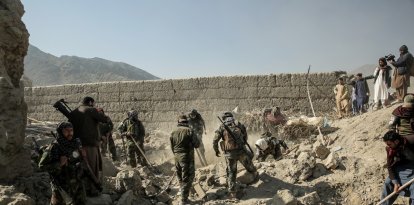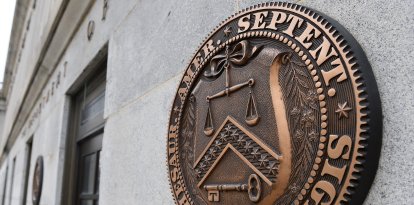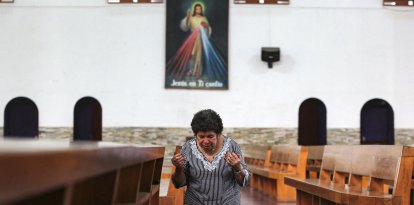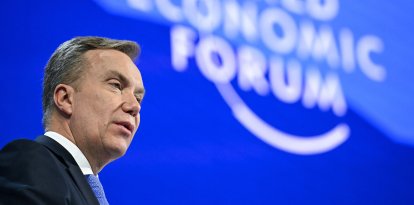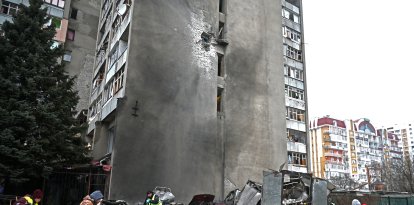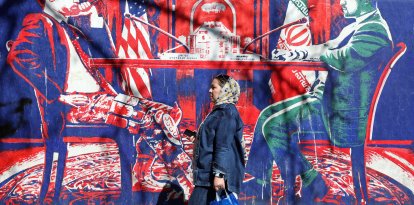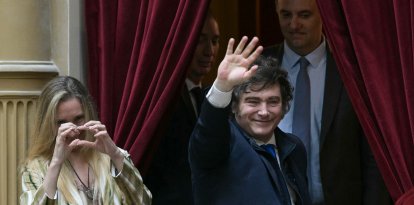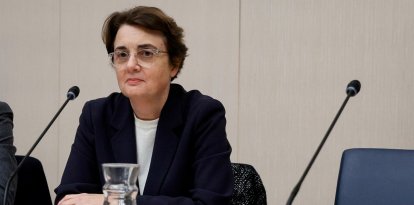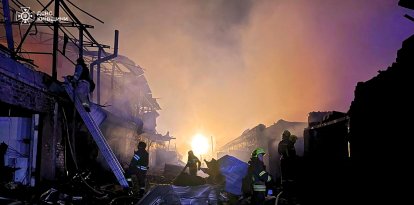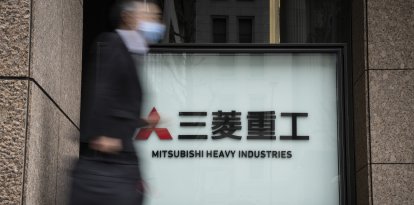Iran, China and Russia to meet in Beijing to address Tehran's nuclear program
The United States took steps last week to urge Iran to return to negotiations, while the UN warns about Iran’s production of highly enriched uranium.

Mohammad Eslami, head of the Atomic Energy Organization of Iran.
China announced Wednesday that it will host a summit with Russia and Iran to address Tehran's nuclear program. The three-way meeting will take place next Friday, Beijing's Foreign Ministry confirmed in a statement.
According to information provided by Chinese officials, Vice Foreign Minister Ma Zhaoxu will chair the meeting. Attending will be his Russian and Iranian counterparts, Ryabkov Sergey Alexeevich and Kazem Gharibabadi.
"The three sides will exchange views on the Iranian nuclear issue and other matters of mutual interest," reads the statement released by the Beijing government. This news comes a few days after Bloomberg forwarded a report that Moscow would help the United States mediate on the Iran nuclear deal.
The statement also comes after the U.S. and Ukraine reached a joint truce agreement on the front with Russia. The Kremlin communicated this morning that it is waiting for the U.S. to present it with the terms of such a 30-day truce.
United Nations warns of Tehran's enriched uranium levels
France, Greece, Panama, South Korea, Britain and the United States requested the session.
The West is expected to exert pressure on Iran to cooperate fully with the International Atomic Energy Agency (IAEA) by providing necessary information on potential undeclared nuclear materials.
The IAEA has warned that Iran is rapidly enriching uranium to 60% purity, just below the 90% needed to make nuclear weapons. Such high levels of enrichment have no civilian justification and are unprecedented among non-nuclear states.
"Following my latest report, Iran's stockpile of uranium enriched to 60% U-235 has increased to 275 kg, up from 182 kg last quarter. Iran is the only non-nuclear weapon state to have reached this level of enrichment, which seriously concerns me," said Director General Rafael Mariano Grossi in remarks reported by Anadolu Agency.
The Joint Comprehensive Plan of Action (JCPOA) is an international mediation initiative with Iran to control its production of enriched uranium. Negotiations began in 2015, but the United States left the negotiating tables during the past Trump Administration in 2018.
Since then, talks to re-negotiate have failed. Last week, U.S. President Donald Trump said he had written a letter to Iran's leaders urging them to work out a new deal, saying he preferred negotiating to resorting to military means. Iran on Wednesday said it hoped to receive correspondence "soon" through mediation by an Arab country.
Iran and the United States have not had diplomatic relations since 1980 but have had indirect exchanges through the Swiss Embassy in Tehran or Oman.
For his part, Iranian diplomatic spokesman Esmaeil Baqaei confirmed plans to hold talks in Beijing and said the meeting would focus on "developments related to the nuclear issue and the lifting of sanctions."
"These talks will also address and exchange views on other issues of interest to the three countries," Baqaei said. He cited among them "regional and international developments, as well as issues linked to cooperation within the framework of the BRICS and the Shanghai Cooperation Organization."













